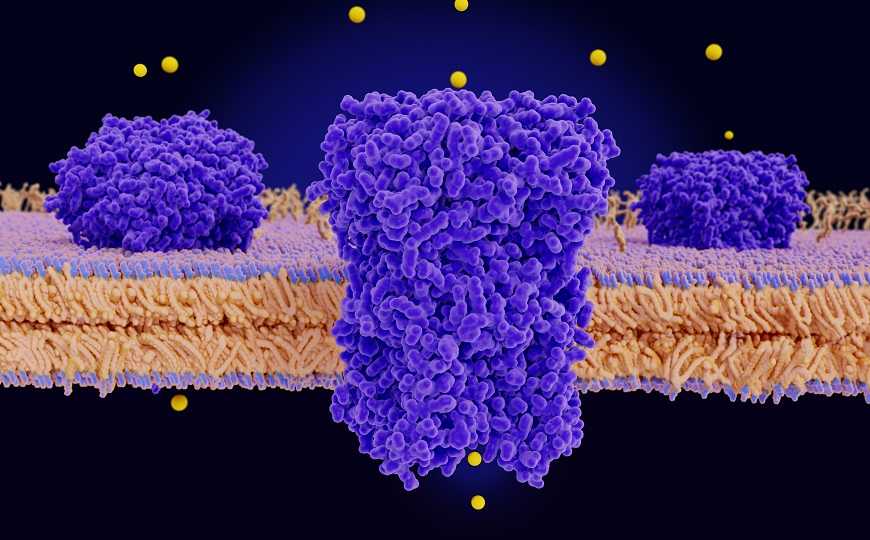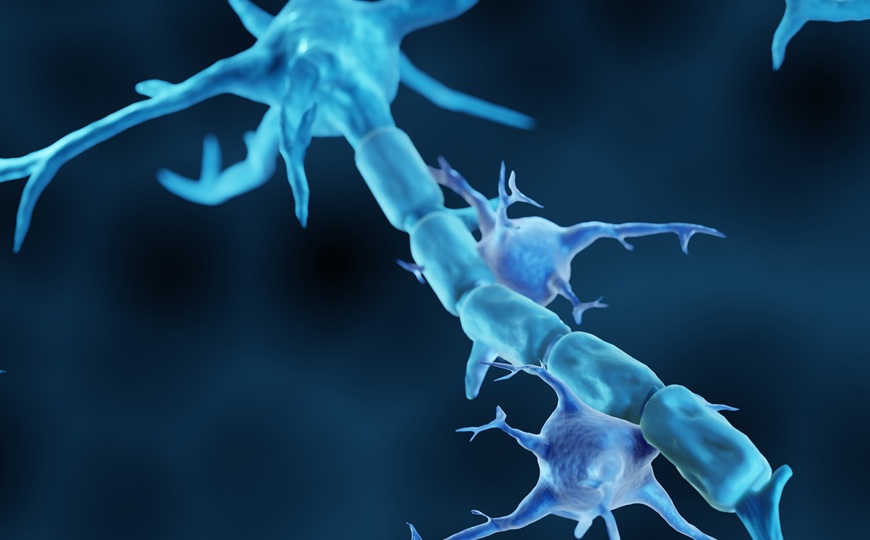Advances in Proteogenomics: How Proteomics Can Complement Genomic Analyses
 Онлайн
Онлайн
GenomeWebinars
Sponsored by Olink

Given that proteins are the primary functional molecules of cells, many researchers have been interested in studying genomic data in combination with proteomic information. Such so-called proteogenomic analyses could, for instance, allow scientists to better determine the functional impact of genetic mutations discovered by next-generation sequencing or identify new potential drug targets. The technically difficult nature of proteomics has traditionally presented challenges to such approaches, but recent advances have made large-scale proteogenomic experts feasible.
Please join us to hear four experts discuss the present challenges and opportunities in proteogenomics: Michael Snyder, professor in genetics at Stanford University; Claudia Langenberg, professor of computational medicine at the Berlin Institute of Health at Charité; Karin Rodland, affiliate professor of cell, developmental, and cancer biology at Oregon Health & Science University and laboratory fellow at Pacific Northwest National Laboratory; and Janne Lehtiö, professor of medical proteomics at Karolinska Institute and director of the clinical proteomics mass spectrometry facility at the Science for Life Laboratory in Stockholm.
The panelists will discuss how combining proteomic and genomic analyses can provide insights beyond those available from either form of data considered alone; highlight the current uses to which proteogenomics is being put; and discuss what technical advances have improved proteogenomic experiments and what additional advances are needed to further drive uptake of the approach and improve its utility.


 Меню
Меню





 Все темы
Все темы







